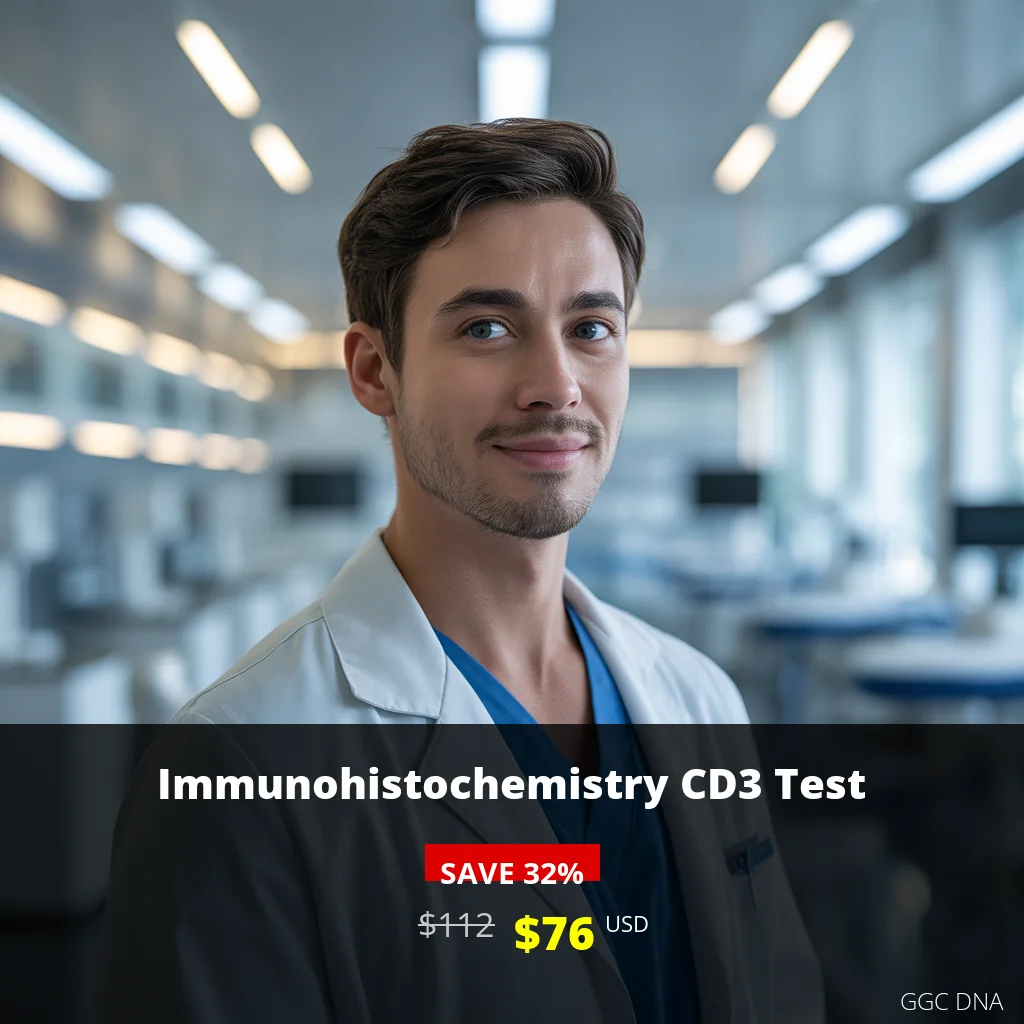Immunohistochemistry CD3 Test: Advanced T-Cell Detection for Accurate Cancer Diagnosis
Understanding the Immunohistochemistry CD3 Test
The Immunohistochemistry CD3 Test represents a cornerstone in modern diagnostic pathology, providing critical insights into the immune system’s cellular composition within tissue samples. This sophisticated laboratory technique utilizes specific antibodies to detect CD3 antigens, which are exclusively expressed on T-lymphocytes – the essential soldiers of our adaptive immune system. By precisely identifying and localizing T-cells in tissue specimens, this test enables healthcare professionals to make informed decisions about diagnosis, prognosis, and treatment strategies for various medical conditions.
What Does the CD3 Test Measure?
The Immunohistochemistry CD3 Test specifically targets and visualizes the CD3 complex, a crucial component of the T-cell receptor found on the surface of all mature T-lymphocytes. This test provides:
- Accurate identification of T-cell presence and distribution in tissue samples
- Quantitative assessment of T-cell infiltration in tumors and inflammatory conditions
- Differentiation between T-cell and B-cell lymphomas
- Evaluation of immune system activity in autoimmune disorders
- Monitoring of T-cell populations in transplant rejection scenarios
Who Should Consider the CD3 Test?
This specialized diagnostic test is particularly valuable for patients presenting with:
- Suspected lymphoid malignancies or unexplained lymph node enlargement
- Abnormal blood counts suggesting hematological disorders
- Unexplained fevers, night sweats, or weight loss
- Autoimmune conditions requiring immune cell characterization
- Post-transplant monitoring for rejection evaluation
- Persistent skin lesions or organ involvement of unknown origin
Clinical Applications and Benefits
The Immunohistochemistry CD3 Test offers numerous advantages in clinical practice:
- Precise Diagnosis: Enables accurate classification of lymphoid malignancies
- Treatment Guidance: Helps oncologists select appropriate targeted therapies
- Prognostic Value: Provides insights into disease progression and patient outcomes
- Therapeutic Monitoring: Tracks treatment response and disease recurrence
- Comprehensive Assessment: Complements other diagnostic modalities for complete evaluation
Understanding Your Test Results
Interpreting CD3 test results requires professional medical expertise, but general guidance includes:
- Positive CD3 Staining: Indicates presence of T-cells, helping confirm T-cell lineage in lymphomas
- Negative CD3 Staining: Suggests absence of T-cells, potentially indicating B-cell lineage or other cell types
- Pattern Analysis: The distribution and intensity of staining provide additional diagnostic information
- Clinical Correlation: Results must be interpreted in context with other clinical and laboratory findings
Test Pricing and Availability
| Test Name | Discount Price | Regular Price |
|---|---|---|
| Immunohistochemistry CD3 Test | $76 USD | $112 USD |
Nationwide Accessibility
We proudly serve patients across the United States with convenient locations in all major metropolitan areas including New York, Los Angeles, Chicago, Houston, Phoenix, Philadelphia, San Antonio, San Diego, Dallas, San Jose, and many more. Our extensive network ensures that quality diagnostic services are accessible to everyone.
Take Control of Your Health Today
Don’t leave your health to chance. The Immunohistochemistry CD3 Test provides critical information that can significantly impact your diagnosis and treatment journey. Our experienced team of pathologists and laboratory professionals are committed to delivering accurate, timely results that empower you and your healthcare provider to make informed decisions.
Ready to schedule your test? Call us today at +1(267) 388-9828 or book your appointment online. Take the first step toward comprehensive diagnostic clarity and personalized medical care.
Test Specifications
- Turnaround Time: Sample Daily by 6 pm; Report Block: 5 days | Tissue Biopsy: 5 days | Tissue large complex: 7 days
- Sample Type: Submit tumor tissue in 10% Formal-saline OR Formalin fixed paraffin embedded block. Ship at room temperature.
- Required Documentation: Provide a copy of the Histopathology report, Site of biopsy and Clinical history.






